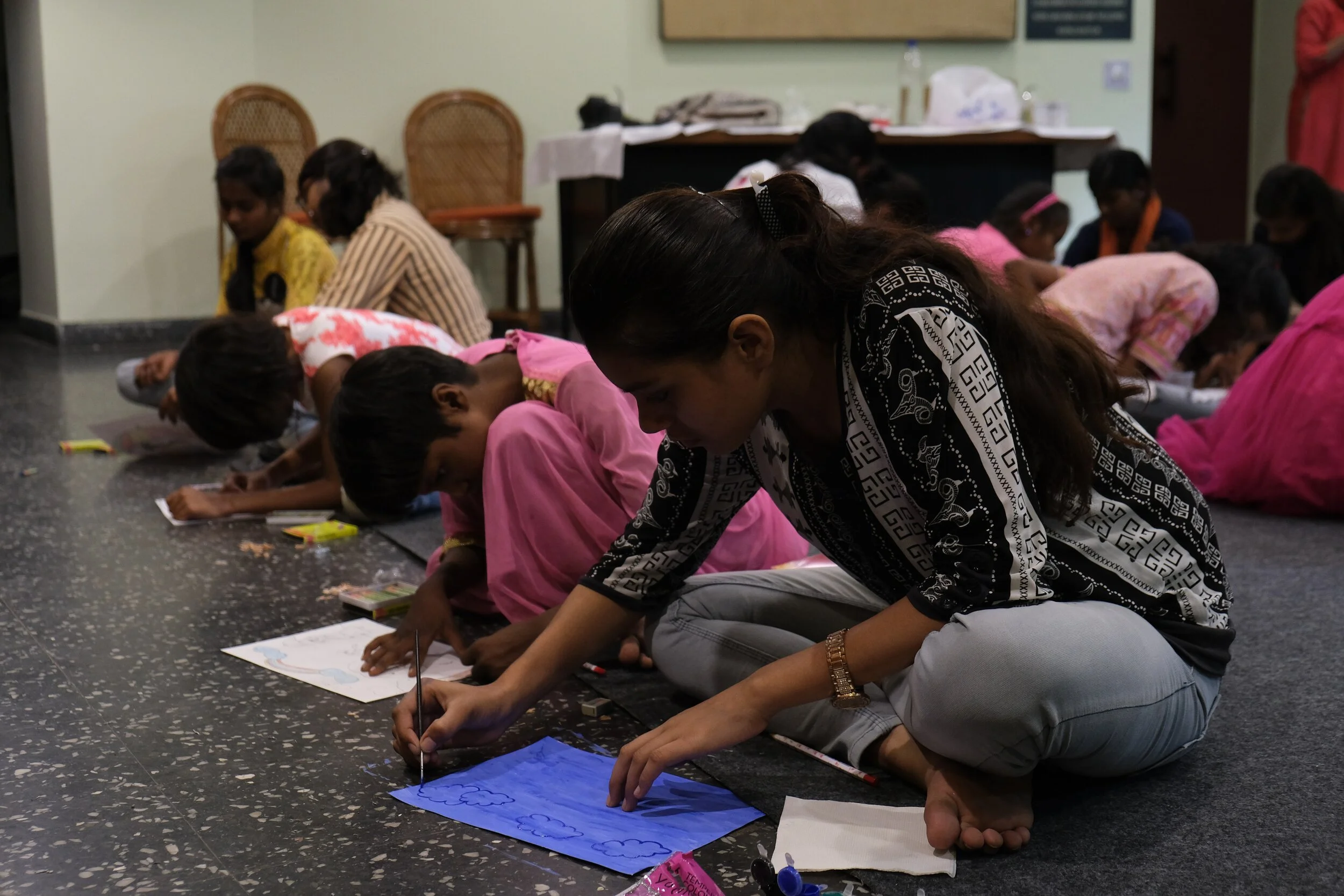It’s time for fast fashion to make a long-term commitment
The COVID19 lockdown has shone an important light on the continued outrageous working conditions in the garment trade across the world. Even in the United Kingdom we have seen that there is consistent disregard for employment regulation and human rights.
It is critical that we put pressure on companies and governments to uphold strict policies when it comes to the garment trade, as the demand for low cost clothes comes at an incredible social, human and environmental cost. Although we are more aware than ever, unfortunately with the current economic downturn and intense pressure on companies and individuals, the outcome could be that people continue to look for ways to cut corners and cut costs at the expense of people and the environment.
Sustainability is not just about the environmental cost, but the human cost
A number of international countries have pledged to improve the conditions in the garment industry and have sought advice on how to improve operations and meet climate change targets.
A new report by McKinsey and Company and the Global Fashion industry is aimed at de-carbonizing production, by working with their supply chain where they source raw materials through end of life disposal. This was agreed as part of the G7 Fashion Pact last year, and is vital going forward to the United Nations Climate Change Conference.
However, the fashion industry should put as much emphasis on the working conditions for employees at all levels of the working chain, as they are starting to do for the environment. As we know, in China, India, Bangladesh, and in Leicester in the UK there are many garment factories. Many of these factories have appalling conditions and pay workers well below the minimum wage. Not only are the workers underpaid, they also often suffer poor health as a result of terrible working conditions.
Women play a vital role in solving the problem
In the consumer sector, women make up 80% of the purchase decisions. If more women were on corporate boards, it would make a significant impact on policies and the consequences of violating them.
Women on boards would also encourage a diverse pool of talent for organizations, which in return would ensure leadership in these issues across the entire organization. Women would insist on inspections and transparent reporting of the premises and general working conditions on a regular basis. Women would also require input on salary level to encourage fair pay for all workers.
Governments must commit and lead
Government can also do more. They can assist by implementing legislation that puts in place random checks and accountability. In Europe, and in other parts of the world, legislation is present, but there has to be the effort by governments to support trade unions, NGO’s and local areas. Importantly, governments should take prosecution to those not in compliance.
Round tables between governments and industry professionals would ensure that everyone involved in the industry from factory workers, to suppliers, to fabricators, to models, virtual assistants, were all treated with respect with a new code of conduct to stamp out slavery. Further, there should be a reporting process for employees to report grievances at every level.
Think when you shop
When we shop, we need to remember these people and the type of conditions that they are working in. We need to recognise the materials and machinery that they are working with and the impact that they have on them. True change can only be achieved when there is accountability at every level of the supply and working chain.





